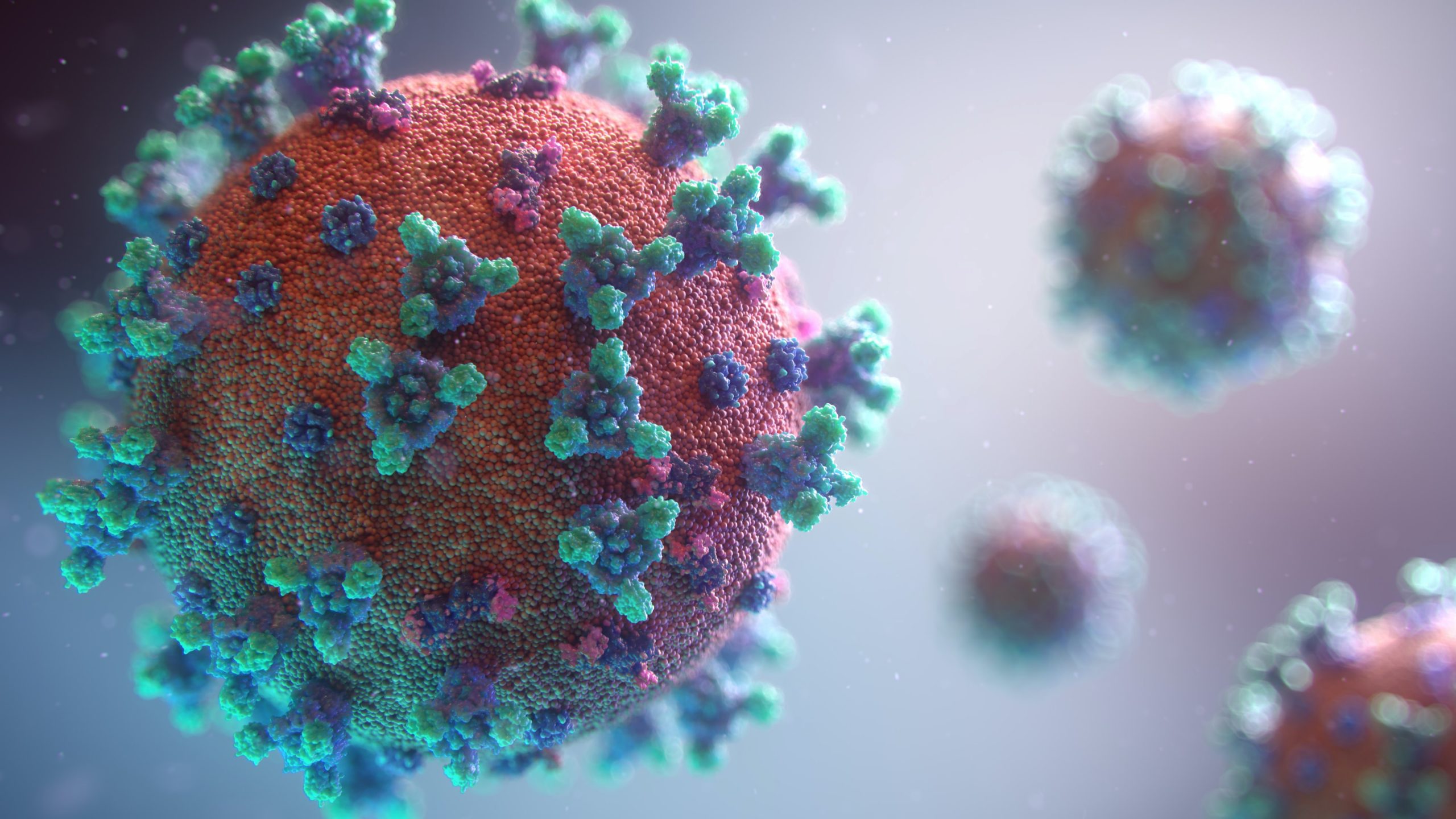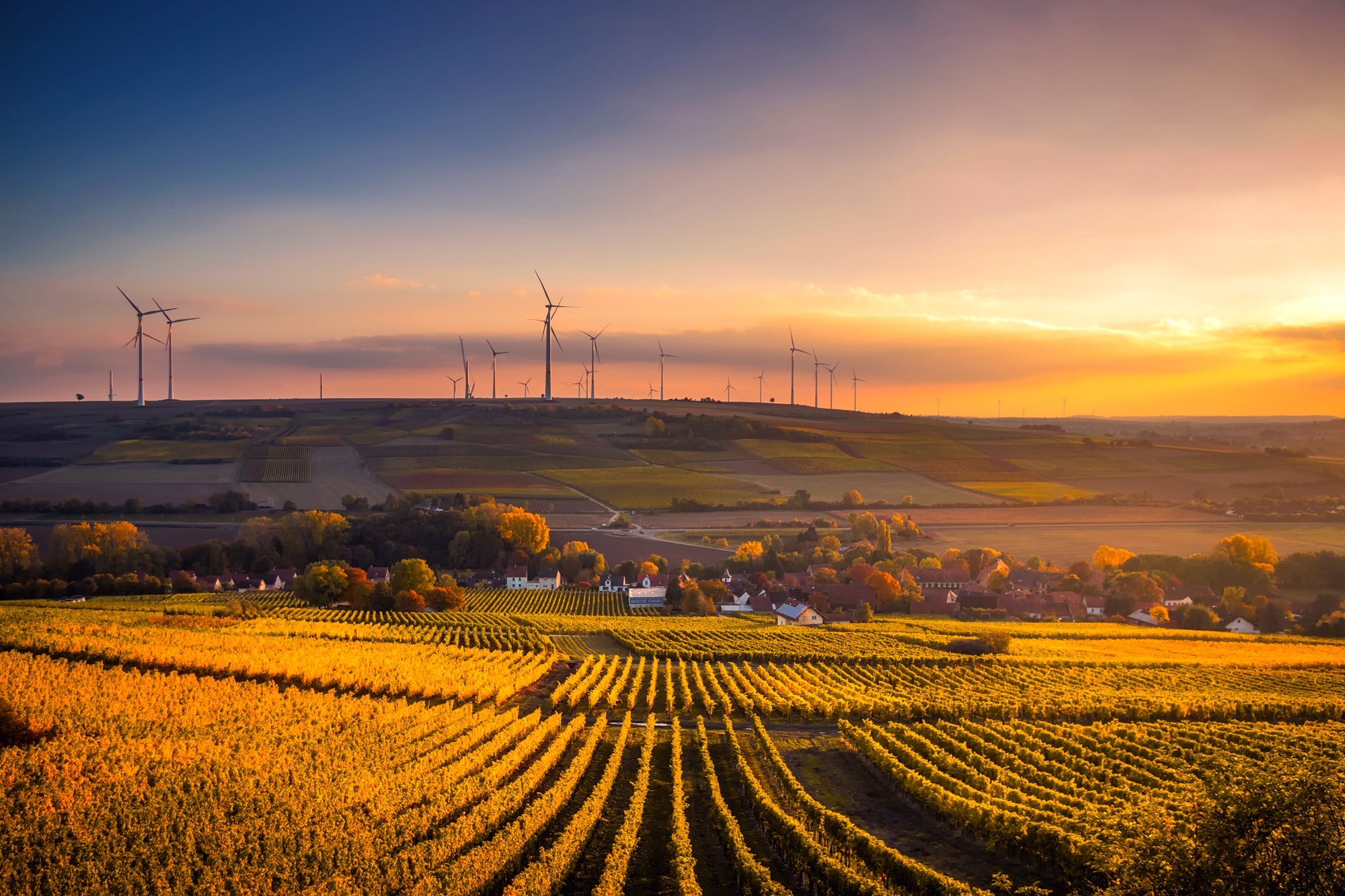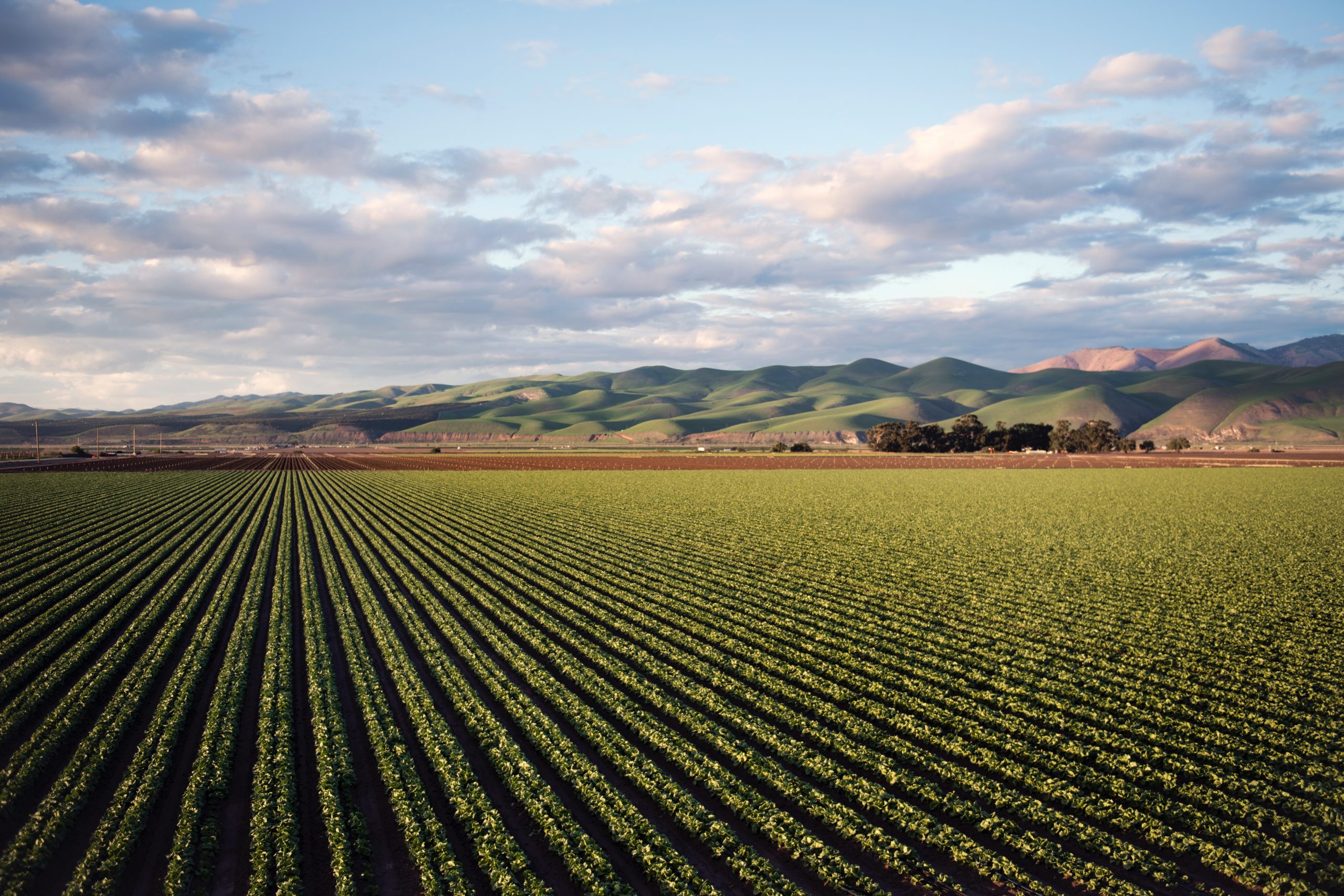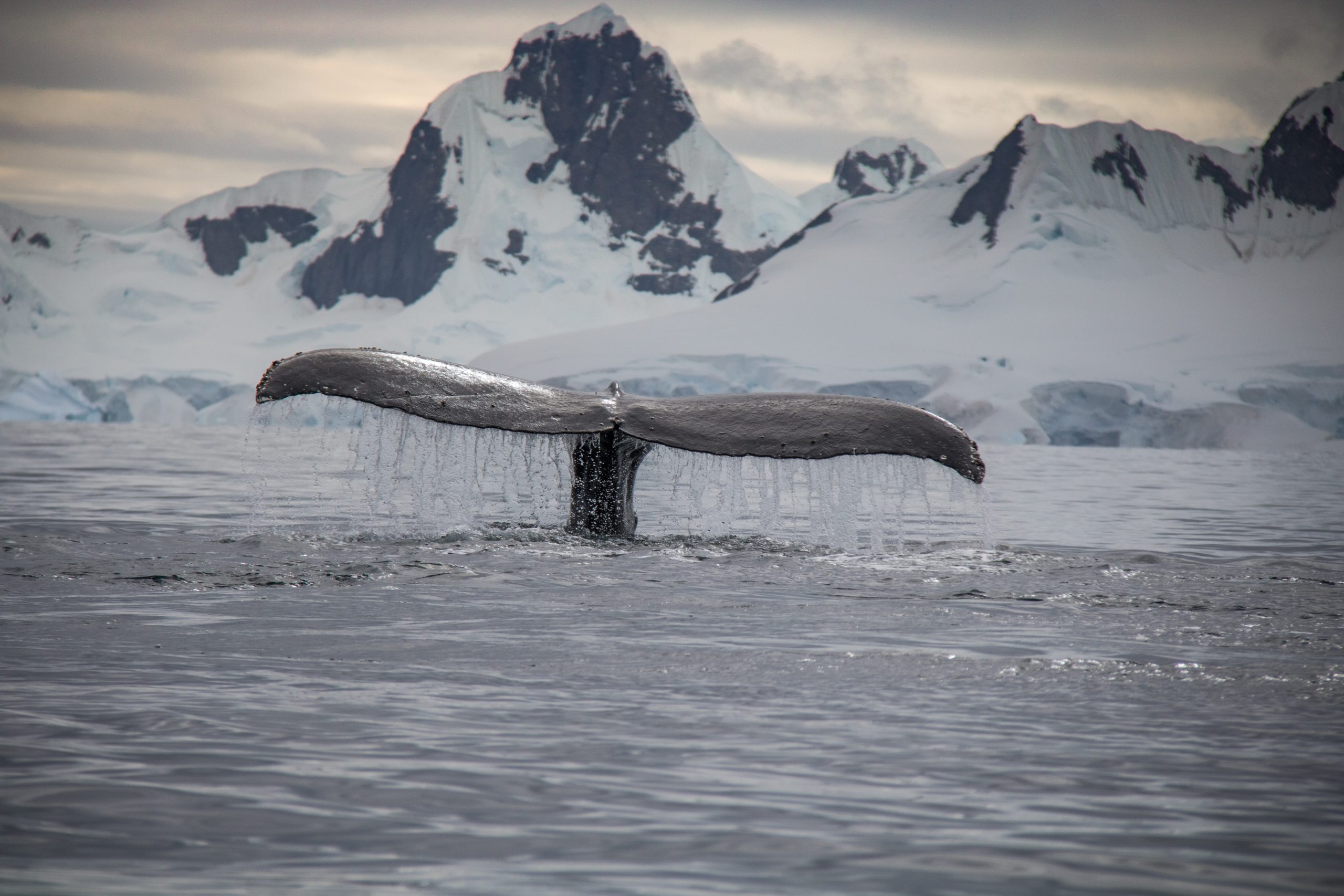The foresight project “Climate – Neutral and Smart Cities” ( Framework Contract 2018/RTD/A2/OP/PP – 07001 – 2018 – LOT1) aimed to support the reflections of the corresponding Mission Board by providing future – oriented inputs on challenges and options in the area. The overarching goal of the project proposed was to c omplement the Mission Board’s deep and wide – ranging expertise with a foresight perspective.
In particular, the project intended to develop a forward – looking perspective on the importance and future significance of the mission area. Starting with a systemic analysis, the FOD team identified urban challenges in existing forward – looking studies in order to determine the thema tic scope together with the Mission Board, collected data about consolidated external and internal drivers, trends and practices as well as weak signals, potential disruptive events or incremental changes with a potentially substantial positive impact on c ities. We would like to express our gratitude to the entire Mission Board for Climate – Neutral and Smart Cities for their help, input and suggestions. In addition, the authors want to thank Paul Tuinder and Laura Hetel of Future Urban and Mobility Studies o f European Commission DG – RTD, for their feedback, guidance and practical help.
The emergent need for climate change adaptation and mitigation measures in cities as well as the Covid – 19 crisis and its potential impact on climate – neutral and smart cities have shown that cities and other authorities require different priorities in order to effectively accelerate their pathways towards climate neutrality (no one size fits all). However, it will for sure require a co – evolvement of technological innovations, know ledge capacity building within city authorities and businesses, large scale public and private investments in physical infrastructures and buildings, new business models and services that induce behavioural change of actors, and incentive systems and regul ative actions at national level. For all domains (urban mobility and transport, building and retrofitting as well as urban energy systems), digitalisation can play a key role besides calling the entire coalition of urban stakeholders to action in a coordin ated and holistic approach
Client: EC Mission Boards








